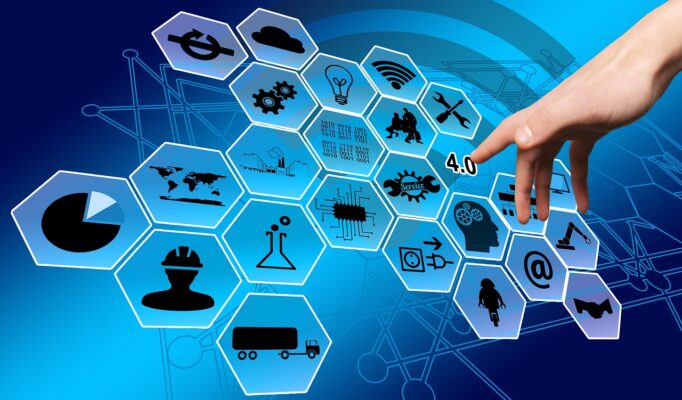Easy and Fast Access to Information: Transforming Lives in the Digital Age
In the digital age, the ability to access information quickly and easily has become a cornerstone of modern life. Information Technology (IT) has revolutionized the way we obtain, process, and utilize information, creating a world where knowledge is at our fingertips. This transformation has profound implications for education, business, healthcare, and personal growth, making the swift access to information more critical than ever.
The Evolution of Information Access
Before the digital revolution, accessing information was a laborious process. Libraries, physical books, and printed journals were the primary sources of knowledge, and finding specific information often required significant time and effort. The advent of the internet and digital technologies has drastically changed this scenario. Today, search engines, online databases, and digital libraries allow us to find information on virtually any topic within seconds.
Key Technologies Enabling Easy and Fast Information Access
- Search Engines
- Platforms like Google, Bing, and Yahoo have become indispensable tools for retrieving information. With sophisticated algorithms, these search engines can provide relevant results in a fraction of a second, making information retrieval quick and efficient.
- Online Databases and Digital Libraries
- Resources such as JSTOR, PubMed, and Google Scholar offer access to a vast array of academic papers, research articles, and books. These digital repositories democratize access to scholarly information, supporting research and education.
- Mobile Apps
- Apps like Wikipedia, news aggregators, and educational platforms provide on-the-go access to information. Mobile technology ensures that users can stay informed and continue learning anytime, anywhere.
- Social Media and Content Platforms
- Platforms such as Twitter, YouTube, and LinkedIn serve as dynamic sources of information. Users can follow experts, watch educational videos, and join professional networks to gain insights and stay updated on current trends and developments.
Benefits of Easy and Fast Information Access
- Empowerment through Knowledge
- Easy access to information empowers individuals by providing them with the knowledge needed to make informed decisions. Whether it’s about health, education, or financial planning, having the right information readily available is crucial.
- Enhanced Learning and Education
- Students and educators benefit immensely from digital resources that support learning and teaching. Online courses, tutorials, and interactive tools make education more accessible and engaging.
- Business Efficiency and Innovation
- Businesses leverage fast information access to stay competitive. Market research, trend analysis, and customer insights are readily available, enabling companies to innovate and respond swiftly to market changes.
- Improved Healthcare
- Healthcare professionals and patients can access medical information, research, and resources quickly. Telemedicine, online health records, and medical databases enhance healthcare delivery and patient outcomes.
- Informed Citizenship
- Access to news and information about current events ensures that citizens are well-informed about local, national, and global issues. This promotes active participation in democratic processes and civic engagement.
Challenges and Considerations
Despite the numerous benefits, there are challenges associated with the easy and fast access to information. The overwhelming amount of information available online can lead to information overload, making it difficult to discern credible sources from unreliable ones. Additionally, issues such as digital divide and data privacy must be addressed to ensure equitable access and protect user information.
Critical thinking and digital literacy are essential skills in navigating the vast landscape of information. Users must be able to evaluate the credibility of sources and understand the context of the information they consume.
Conclusion
The transformation brought about by easy and fast access to information is undeniable. Information Technology has reshaped how we learn, work, and live by making knowledge more accessible than ever before. As we continue to advance in the digital age, it is crucial to leverage these technologies responsibly, ensuring that the benefits of easy and fast information access are maximized while addressing the associated challenges.
By fostering digital literacy and promoting equitable access, we can harness the full potential of information technology to empower individuals, drive innovation, and create a more informed and connected global community.





